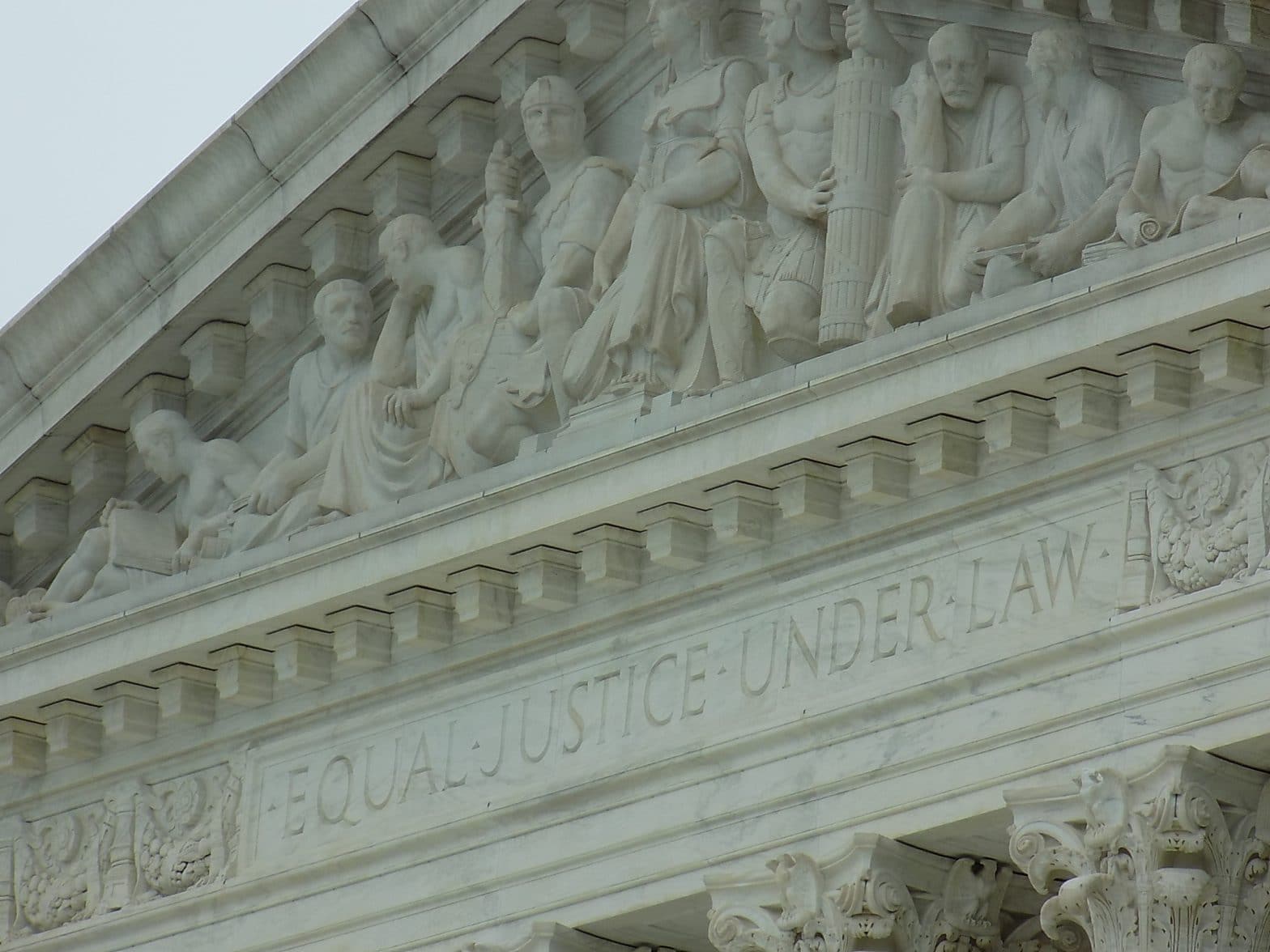Justices Urged to Reconsider Limits on Public Officials’ Defamation Suits

WASHINGTON — A petition to the Supreme Court filed last week alleging defamation of a former Senate candidate by media outlets is threatening a fundamental principle of law that protects news organizations.
Former Senate candidate Don Blankenship is suing Fox News, MSNBC, CNN and other media outlets for their reports on his criminal record. He says they mischaracterized his criminal conviction.
The reports ended Blankenship’s candidacy to the Senate, despite being a leading candidate beforehand, according to his Supreme Court petition.
Blankenship’s writ of certiorari follows the $787 million settlement Fox News agreed to pay Dominion Voting Systems to resolve a defamation lawsuit.
Both legal claims appear to be part of a larger backlash against the media this year, much of it focused on the “actual malice” standard news organizations use to protect themselves from liability.
Other lawsuits filed against the media this year include a $3.78 billion claim Donald Trump’s media organization filed against The Washington Post and another one retired Pro Football Hall of Fame quarterback Brett Favre filed against sports commentators who accused him of theft in a welfare fraud scandal.
The lawsuits follow a line of reasoning similar to Blankenship’s petition to the Supreme Court, namely that it accuses the media of evading responsibility for defamation by invoking the actual malice standard and similar First Amendment protections.
Blankenship, the ex-chief executive of coal company Massey Energy, was running for the U.S. Senate in 2018 when media organizations reported he was a convicted felon. In truth, he spent a year in jail after a misdemeanor conviction.
He had been charged with securities fraud and making false statements, both of which are felonies.
The same jury that convicted him in 2015 on a misdemeanor charge of conspiring to violate federal mine safety standards acquitted him of the felonies.
The issue was the Upper Big Branch Mine disaster in Raleigh County, West Virginia, that killed 29 miners in 2010. The mine was owned by Massey Energy while Blankenship still was the chief executive officer.
Blankenship’s petition to the Supreme Court argues that the 1964 First Amendment ruling in New York Times v. Sullivan should be revisited. The ruling set out the actual malice standard, which says public figures can recover for defamation only if media organizations knew their reports were false or demonstrated “reckless disregard” for the truth.
In the related legal dispute by Dominion Voting Systems against Fox News, the voting machine company said reporters knew they were repeating Trump’s falsehoods when they reported the company’s machines were rigged during the 2020 presidential election to make Joe Biden win.
Fox News did not admit knowingly reporting false information when it agreed to pay the $787 million, which set a record for a settlement by a media company.
Blankenship’s petition says the actual malice standard gives the media “a license to publish defamatory falsehoods that misinform voters, manipulate elections, intensify polarization and incite unrest.”
Blankenship draws authority in his petition from statements in recent years by conservative Supreme Court justices.
One of them came from Justice Clarence Thomas, who made headlines in 2019 when he called the Sullivan ruling “policy-driven decisions masquerading as constitutional law.”
Blankenship also quoted Justice Neil Gorsuch’s 2021 criticism of the doctrine, which said, “the actual malice standard has evolved from a high bar to recovery into an effective immunity from liability.”
In a press release, his legal team said, “The underlying lawsuit concerned weaponized defamation that derailed Mr. Blankenship’s candidacy. The defamation of Mr. Blankenship began two weeks before the election on April 25, 2018, when Fox News legal expert Judge Andrew Napolitano … falsely reported that Mr. Blankenship ‘went to prison for manslaughter.’”
No successful Senate candidate has ever been convicted of a felony.
The case is Blankenship v. NBCUniversal LLC.
You can reach us at [email protected] and follow us on Facebook and Twitter























